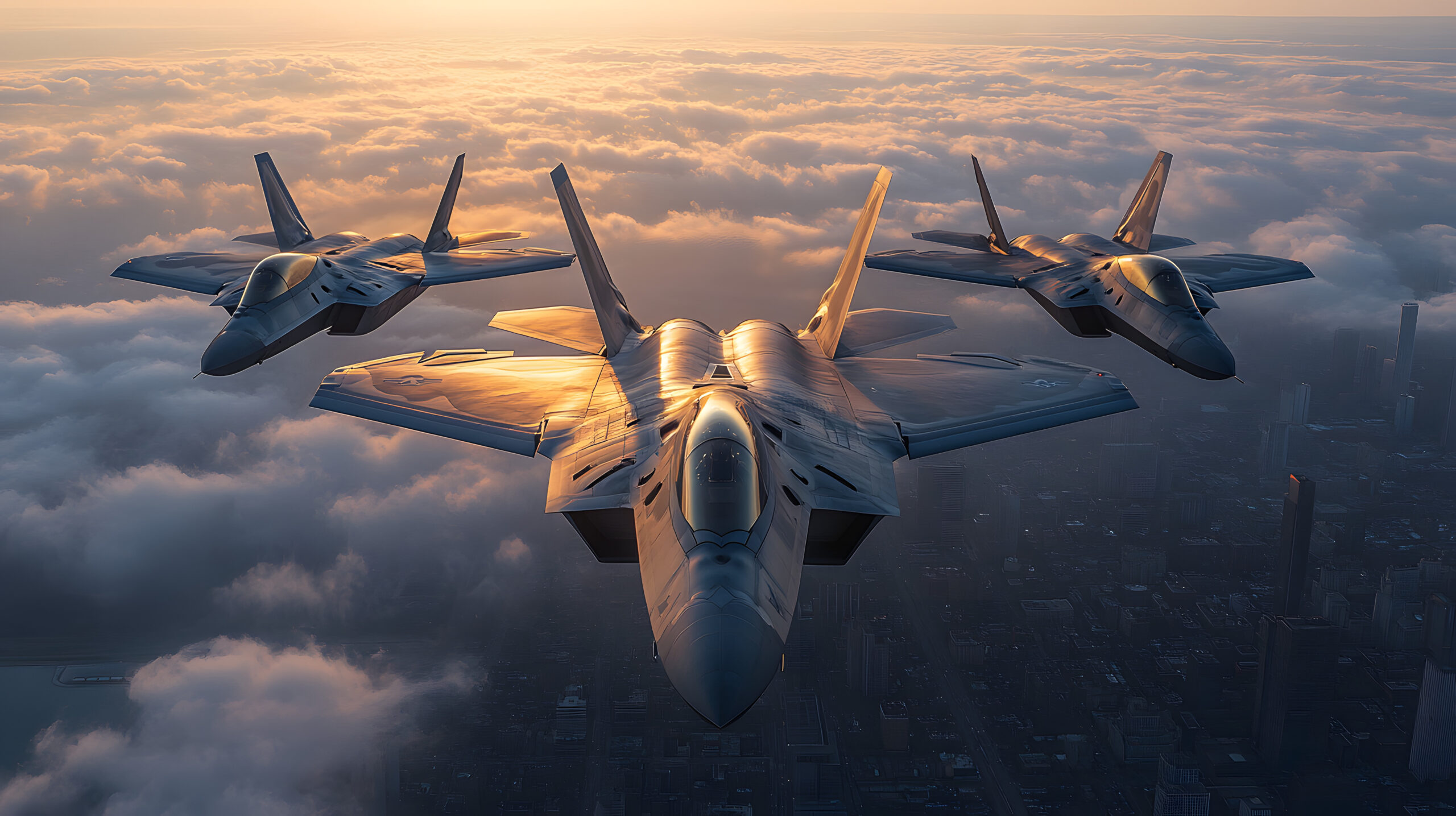The Sky is Never Perfect
As a Marine Corps F/A-18 pilot for 20 years, I spent thousands of hours in the cockpit flying through clear skies, thick clouds, storms, and sometimes chaos. One thing I learned early on is that the sky is never perfectly predictable. Weather changes. Conditions shift. What looks safe one moment can turn dangerous the next.
Flying teaches you to expect uncertainty and to prepare for it. Whether you’re soaring thousands of feet above the earth or navigating life’s challenges, uncertainty is part of the journey. Learning how to manage it with calm, skill, and flexibility is a lesson I carry with me every day.
Respecting the Unknown
Flying isn’t about conquering nature; it’s about respecting it. Weather can be beautiful but also unforgiving. A clear day can quickly turn into turbulence or worse. When you fly, you learn to respect the unknown forces at play—winds, storms, icing, and more. Ignoring or underestimating them isn’t just foolish; it’s dangerous.
Life is the same way. We face uncertainties beyond our control—unexpected changes at work, health issues, family struggles, or global events that shake our world. Respecting these unknowns means acknowledging that not everything is predictable or controllable. It means letting go of the illusion of total control and preparing to adapt.
Preparation is Your Best Friend
One of the most important lessons from flying is the value of preparation. Before every mission, pilots study weather reports, map out routes, and plan for contingencies. We know that conditions can change, so we plan for multiple scenarios. Preparation doesn’t guarantee a perfect outcome, but it builds confidence and readiness.
In life, preparation works the same way. You can’t predict every twist and turn, but you can build skills, save resources, and create support systems. Preparing for uncertainty means thinking ahead, building flexibility, and being willing to adjust plans as needed.
Staying Calm in Turbulence
No pilot enjoys turbulence, but it’s a regular part of flying. When turbulence hits, the best thing you can do is stay calm, keep your hands steady, and trust your training and equipment. Panicking only makes things worse.
In life, turbulence shows up as stress, setbacks, or unexpected problems. How you respond makes all the difference. Learning to stay calm in the face of uncertainty helps you make clearer decisions and avoid unnecessary mistakes. It’s not easy—especially when the ride gets rough—but it’s essential.
Trusting Your Instruments—and Your Instincts
Flying an advanced fighter jet means relying on technology, but also on your own instincts and training. Instruments tell you what’s happening outside the cockpit, but sometimes you have to make split-second decisions based on experience and gut feeling.
Life’s uncertainties are similar. Data, advice, and information help guide us, but sometimes you have to trust your instincts. Experience sharpens those instincts. Over time, you learn to balance logic with intuition—especially when you don’t have all the answers.
Flexibility is Key
No plan survives first contact with reality, as the saying goes. In aviation, that’s especially true. Weather changes, mechanical issues occur, and missions evolve. Flexibility—being ready to adjust your plan—is what keeps pilots safe and effective.
In daily life, flexibility means being open to change. When things don’t go as expected, adaptability lets you pivot without losing momentum. It means viewing challenges not as roadblocks but as opportunities to find new routes forward.
The Value of a Support Team
Flying combat missions isn’t a solo act. Behind every pilot is a team of mechanics, planners, air traffic controllers, and fellow aviators. Together, they share information, provide backup, and help navigate the unknown.
Facing uncertainty in life is easier when you have a support system. Family, friends, mentors, or colleagues can offer advice, encouragement, and perspective. Don’t try to fly solo through life’s storms. Building your team strengthens your ability to navigate uncertainty.
Embracing the Journey
Flying taught me that uncertainty isn’t something to fear but something to embrace. Each flight through changing weather brought new challenges—and new opportunities to learn and grow.
Life’s uncertainties can feel uncomfortable, but they also push us to develop resilience, creativity, and courage. Accepting that uncertainty is part of the journey helps you stay present and open to whatever comes next.
Final Thoughts
Wings and weather—two powerful metaphors for life. Flying through uncertain skies taught me to prepare diligently, stay calm under pressure, trust my training and instincts, be flexible, and lean on my team. These lessons are not just for pilots; they’re for anyone navigating the unpredictable nature of life.
When uncertainty arises, don’t resist it or pretend it isn’t there. Respect it, prepare for it, and meet it with steady hands and an open mind. The sky won’t always be clear, but with the right mindset, you can keep flying—even through the storm.
